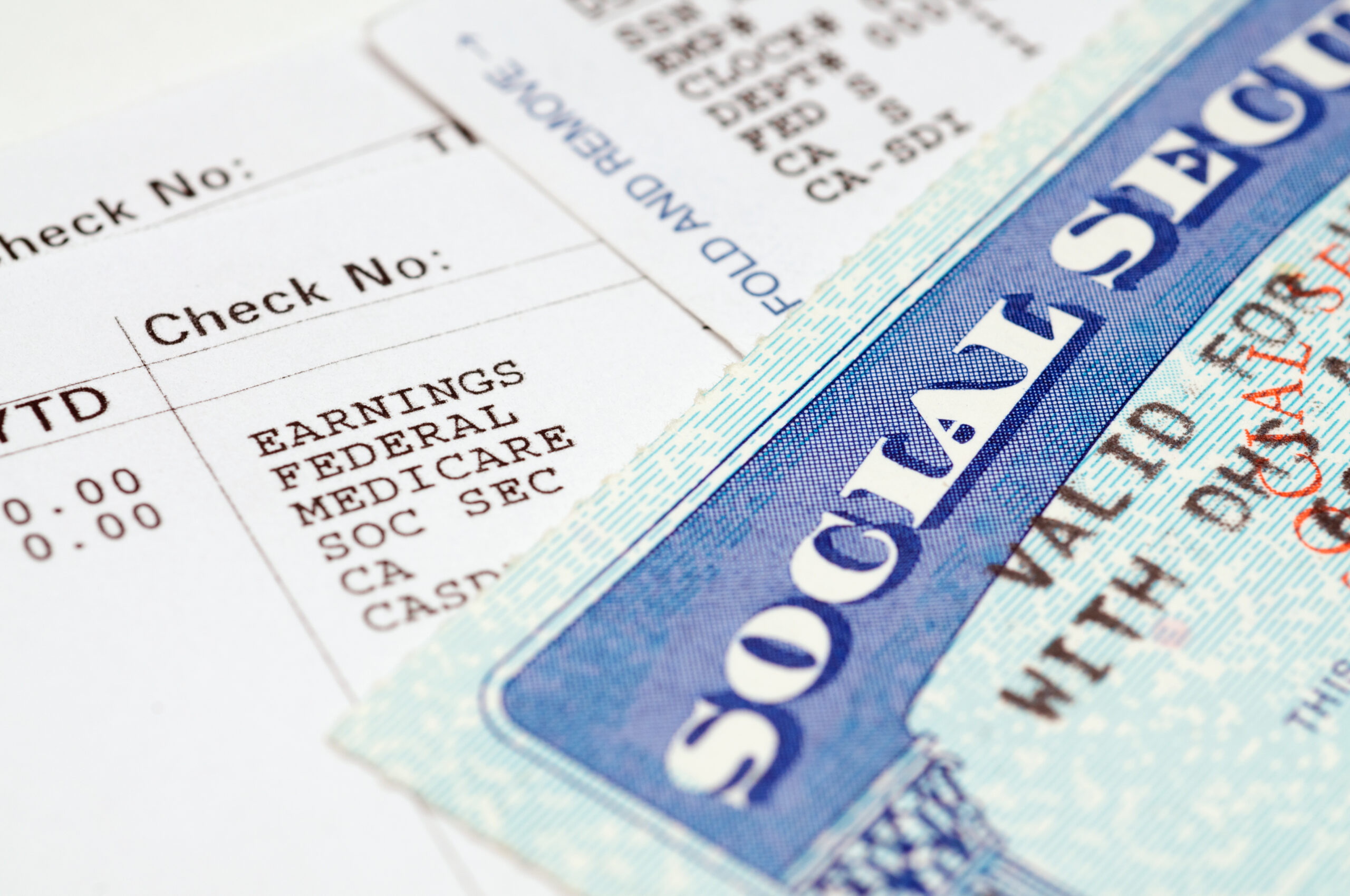By: Jim Watson, Director of Investments & Client Experience
There is plenty of confusion surrounding social security and when individuals can start collecting their benefits. We wanted to clear the air around these topics and provide readers with fast facts that can ease confusion around what you can collect, and when.
You can get social security benefits and work at the same time.
It’s true. You can get social security benefits while you are still working. Though keep in mind, if you’re younger than full retirement age and earn more than the current limits, your benefits may be reduced. The amount that your benefits are reduced, however, isn’t truly lost. Your benefit will increase at your full retirement age to account for the benefits withheld due to earlier earnings.
If you were born January 2, 1960 or later, then your full retirement age for retirement insurance benefits is 67 years old. If you work and are full retirement age or older, you may keep all of your benefits, no matter how much you earn.
If you’re younger than full retirement age, there is a limit to how much you can earn and still receive full Social Security benefits.
A Fictitious Example of Working & Collecting Social Security
- John Doe files for Social Security benefits at age 62 in January 2022.
- His payment will be $600 per month ($7,200 for the year).
- During 2022, John plans to work and earn $23,920 ($4,360 above the $19,560 limit).
- The government would withhold $2,180 of John’s Social Security benefits ($1 for every $2 he earns over the limit).
- To do this, the government would withhold all benefit payments from January 2022 through April 2022.
- Beginning in May 2022, John would receive his $600 benefit and this amount would be paid to him each month for the remainder of the year.
- In 2023, John would be paid the additional $380 that was withheld in April 2022.
CHART: Earnings vs. Benefits
The following table gives you an idea of how much you can plan to receive in Social Security benefits for the year 2022, based on your monthly benefits, and estimated earnings.
For people younger than full retirement age during the whole year:
| If your monthly Social Security benefit is | And you earn | You’ll receive yearly benefits of |
|---|---|---|
| $700 | $19,560 or less | $8,400 |
| $700 | $20,000 | $8,180 |
| $700 | $22,000 | $7,180 |
| $900 | $19,560 or less | $10,800 |
| $900 | $20,000 | $10,580 |
| $900 | $22,000 | $9,580 |
| $1,100 | $19,560 or less | $13,200 |
| $1,100 | $20,000 | $12,980 |
| $1,100 | $22,000 | $11,980 |
Source: SSA.gov
What kind of income counts?
If you work for someone else, only your wages count toward Social Security’s earnings limits.
If you’re self-employed, only your net earnings from self-employment count toward earnings limits.
For the earnings limits, they don’t count income such as other government benefits, investment earnings, interest, pensions, annuities, and capital gains. They do count an employee’s contribution to a pension or retirement plan, however, only if the contribution amount is included in the employee’s gross wages.
If you work for wages, income counts when it’s earned, not when it’s paid.
If you have income that you earned in one year, but the payment was made in the following year, it shouldn’t be counted as earnings for the year you receive it. Some examples are accumulated sick or vacation pay and bonuses.
If you’re self-employed, income counts when you receive it — not when you earn it — unless it’s paid a year after you become entitled to Social Security and earned before you became entitled.
A special rule for the first year you retire:
Sometimes people who retire mid-year already have earned more than the annual earnings limit. That’s why there is a special rule that applies to earnings for one year. Under this rule, you can get a full Social Security check for any whole month you’re retired, regardless of your yearly earnings.
Will you receive higher monthly benefits later if benefits are withheld because of work?
Short answer, yes. If some of your retirement benefits are withheld because of your earnings, your monthly benefit will increase starting at your full retirement age. This takes those months in which benefits were withheld into account.
Are there other ways that work can increase your benefits?
Again, yes. Each year the records are reviewed for all Social Security recipients who work. If your latest year of earnings turns out to be one of your highest years, they refigure your benefit and pay you any increase due. This is an automatic process, and benefits are paid in December of the following year.
We hope this information clears up some of the confusion around social security benefits. Should you have additional questions regarding this topic – or any financial matter related to you or your business – please reach out: [email protected].






